In the fall, I got in touch with Tread Labs which specializes in insoles for various activities and footwear types. I first tested and reviewed their Pace insoles and as I was very happy with the product, I agreed to test their Dash insoles as well. The two models differ in purpose. The Pace insoles are designed to relieve pain from planta fasciitis and other foot ailments while the Dash insoles are aimed towards athletes who want improved biomechanics and energy returns. The Dash insole is Tread Labs’ top-tier product. It utilizes premium materials and is by far the most expensive product in their online shop. Therefore I got curious about how it compares to the Pace insole and other performance insoles.
For the last month I have been wearing the Tread Labs Dash insoles on a daily basis. I wore them for running, hiking, gym training and other activities. Below is what I learned about them.
The Tread Labs Dash insoles are suitable for:
- Running
- Hiking
- Backpacking
- Mountaineering
- Trekking
- Everyday use
Materials and Design
When I unwrapped the package, I noticed that the Dash insole utilizes the same concept as the Tread Labs Pace insole. It consists of a detachable arch support and a top cover. The two components are attached to each other with a system that resembles Velcro. I was happy to see this system because I was very satisfied with it while testing the Pace insole. It is reliable and allows you to change the top cover (which is the inexpensive and most exposed part of the insole) in case it wears down.
The arch support of the Dash insole is made of carbon fiber and is thus super light. Furthermore, as carbon fiber is an incredibly strong material it allows for the arch support to be as thin as 1 millimeter in thickness. Therefore, the insole is not bulky and fits nicely into all kinds of shoes. The arch support has also some kind of anti-slip finish which prevents the insole from moving around in the shoe. All in all, there is indeed a difference when comparing the arch support of the Dash to the arch support of the Pace insole. The arch support of the Dash insole is lighter, thinner, more robust and fits better in the shoe.
The top cover of the Dash insole is very similar to the top cover of the Pace insole, but with one big improvement; it has small holes in the toes area for better breathability. Believe it or not, these small holes actually make a difference. Breathability was my only complaint over the Pace insole, and I was very satisfied with the breathability of the Dash insole. The top cover is otherwise made of open-cell polyurethane and covered with low friction recycled polyester. The polyester is also treated with antimicrobial agent so that the insole doesn’t become smelly.
For the last two months I wore the insoles for various activities, and I was very satisfied with them. My shoes feel more stable, responsive and comfortable with the Dash insoles, and the position of the foot seems better as well. The insoles fit nicely in all shoes, even in my Asics GT 2000 running shoes which came with very thin insoles. They also provide good breathability and pull the moisture from the socks efficiently. Despite that I wore them for intensive activities I haven’t detected any signs of odor so far.
Sizing, Arch Height and Versions
The Dash insoles can be trimmed and thus getting the right size isn’t difficult. However, keep in mind that it’s better to get too long insoles than too short. The insoles are available in European sizes 35 – 47 (US sizes 4- 13.5 for men and 5 – 12.5 for women). I got the insoles in size 44-44.5 and they were slightly too long for both my Lowa Innox GTX hiking shoes (size 43.5) and my Asics GT-2000 running shoes (size 44). Nevertheless, it took me only a couple of minutes to trim the insoles with a sharp pair of scissors for a perfect fit. Like the Pace, the Dash insole is also available in four different arch heights; low, medium, high and extra high. I tried low and medium arch support. The low arch support fitted me better, although according to the fitting guide I should go for the medium arch support. So, if you are somewhere in between, I recommend going for a lower height.
The Dash insoles are available in three different versions; normal insoles, short insoles and thin insoles. The first version, which I tested, is intended for shoes with full length removable inserts. The short insoles are designed for shoes without removable inserts and the thin insoles are best for shoes that come with very thin inserts such as cycling shoes, soccer cleats etc.
Verdict
I really like the Tread Labs Dash insoles because they provide great stability and responsiveness. Furthermore, they also improve the position of the foot and are very comfortable to move on. Unlike other performance insoles I have tested, the Dash insoles don’t have breathability issues. They are breathable and efficiently wick the moisture away from the socks. As the arch support is very thin, they also fit nicely in all kinds of shoes. So, if you are looking for a pair of new insoles, I do recommend giving the Tread Labs Dash insoles a try. The solid high-quality arch support and the replaceable top cover mean that you can have them for years.
If you have any questions about this product, drop me a line in the comments below.
Rating
| Design |  |
| Quality |  |
| Comfort |  |
| Functionality |  |
We field tested this product. The rating shows its overall performance.About Rating
Pros:
- Stability
- Improve the position of the foot
- Low-profile (easy to fit them in shoes)
- Breathability
- Moisture-wicking
- Quality
Cons:
- /
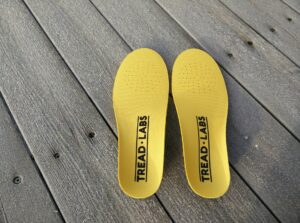
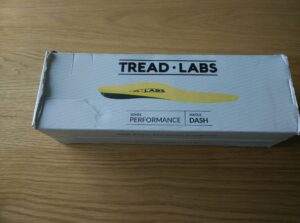
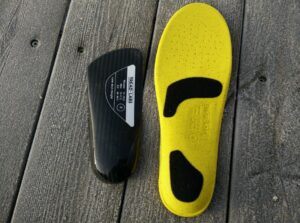
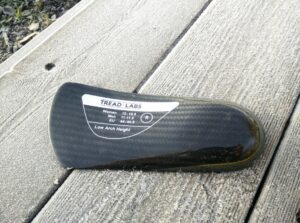
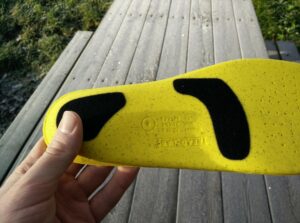
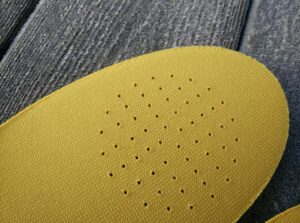
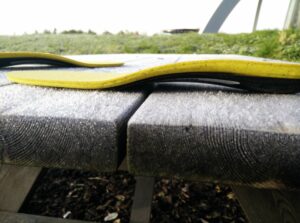
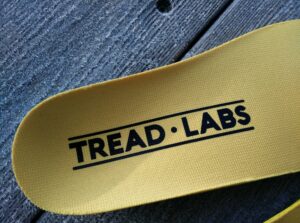
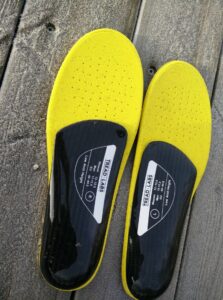
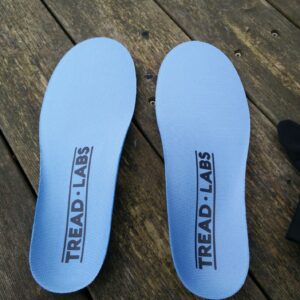
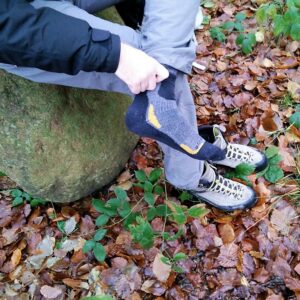

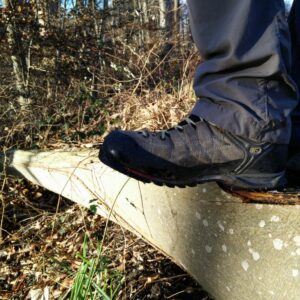
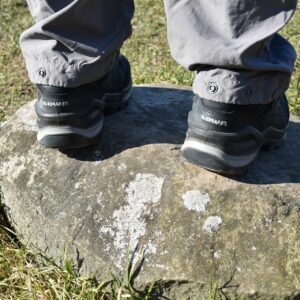
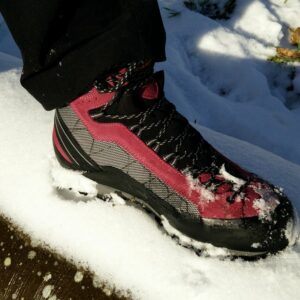
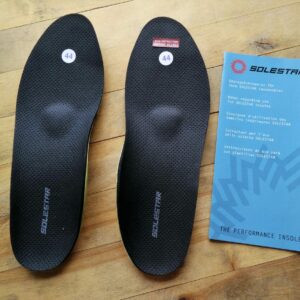
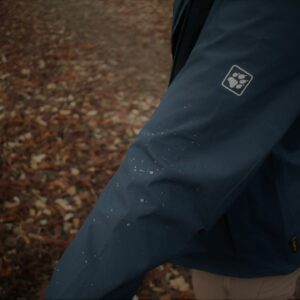





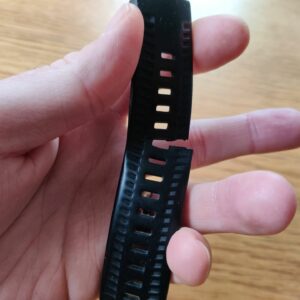
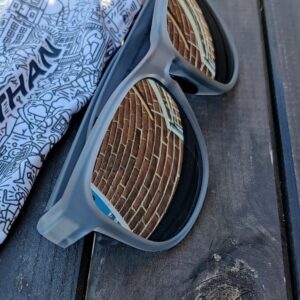
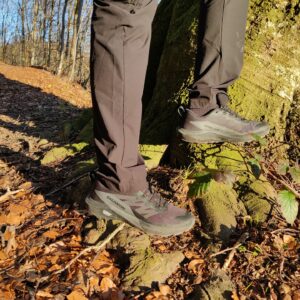

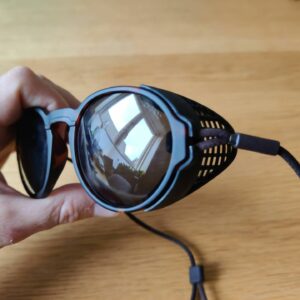

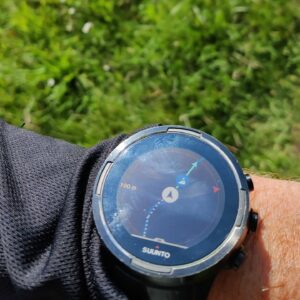

Have your tried Superfeet Carbon insoles by chance? I am accustomed to the Superfeet low arch models and I’m trying to compare the fit of the arch to the Tread Labs. Thanks!
Hi Bryce,
I haven’t tried Superfeet insoles and thus I can’t compare them. Nevertheless, it seems like they have good products.
Regards,
Blaz